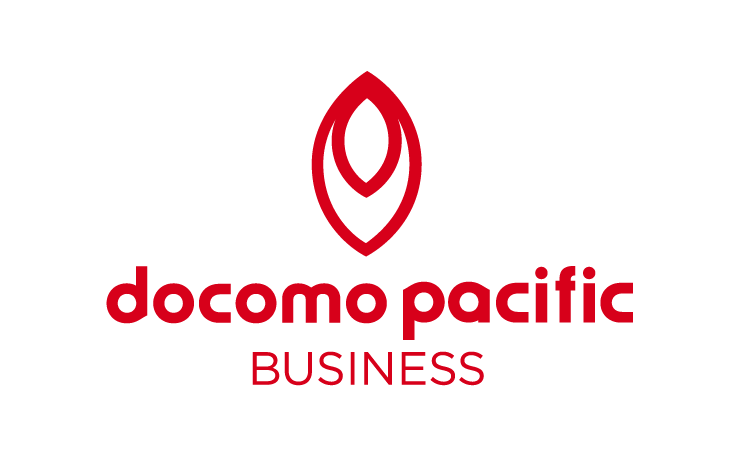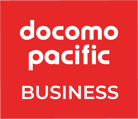In today's fast-paced digital age, businesses rely heavily on connectivity to stay competitive and serve their customers effectively. With the constant evolution of technology, the choice of the right connectivity solution is more critical than ever. Fiber optic, coaxial cable, and wireless networks are three popular options, each with its own set of advantages and disadvantages. In this blog, we'll explore the future of business connectivity and compare these three technologies to help you make an informed decision.
The Power of Fiber Optic Connectivity
Fiber optic technology is often considered the gold standard for business connectivity due to its impressive speed, reliability, and scalability. Here are some key points to consider:
Speed and Bandwidth
Fiber optic cables transmit data using light signals, providing lightning-fast internet speeds. With potential bandwidth in the gigabits per second (Gbps) range, fiber can handle large data transfers, video conferencing, and cloud-based applications without breaking a sweat.
Reliability
Fiber is immune to electromagnetic interference, making it incredibly reliable. It's less susceptible to outages caused by weather conditions or electrical interference, ensuring uninterrupted connectivity for your business.
Scalability
Fiber can easily scale to accommodate your growing business needs. Whether you need to add more users or expand your operations, fiber can adapt without compromising performance.
Guaranteed Performance with Service Level Agreements
DOCOMO PACIFIC Dedicated Fiber Internet Plans include Service Level Agreements (SLAs) that guarantee top-notch connectivity, performance, and customer satisfaction. These SLAs define standards for uptime, latency, and response times, minimizing disruptions and ensuring quick issue resolution. Customers can trust DOCOMO PACIFIC for reliable high-speed internet and a seamless online experience, providing peace of mind.
The Coaxial Cable Contender
Coaxial cable, commonly known as coax cable, is another widely used option for business connectivity:
Speed and Bandwidth
Coaxial cable offers respectable internet speeds, although they are typically slower than fiber. It's suitable for businesses with moderate connectivity needs.
Reliability
While Hybrid Fiber is generally reliable, it can be vulnerable to interference, especially in areas with high electrical activity. Weather-related issues can also impact coaxial cable connections.
Scalability
Coaxial cable systems may require significant upgrades to increase bandwidth and accommodate growing business requirements.
Island-sized Solutions
In regions where Fiber might not be readily available, our island-sized solutions ensure that you can still enjoy reliable connectivity with coaxial cable options. DOCOMO PACIFIC is dedicated to bridging the connectivity gap, no matter where your business operates.
Embracing Wireless Connectivity
Wireless networks have gained popularity in recent years due to their convenience and mobility. Here's what to consider:
Speed and Bandwidth
Wireless networks have improved significantly and can offer impressive speeds. However, the bandwidth may be limited in comparison to fiber, making it more suitable for smaller businesses with fewer connectivity demands.
Reliability
Wireless networks can be susceptible to interference, signal drops, and security concerns. However, advancements in technology such as built in network security have made wireless networks more reliable for businesses.
Scalability
Wireless networks can be easily expanded to accommodate additional devices and users. This flexibility can be a major advantage for businesses with dynamic connectivity needs.
Island-sized Solutions
Wireless connectivity remains a viable option for businesses seeking flexibility and mobility, and our island-sized solutions ensure that you have access to the latest in wireless technology, no matter where your business is located.
Choosing the Right Connectivity Solution for Your Business
The choice between fiber optic, hybrid fiber coaxial cable, or wireless connectivity depends on your business' specific requirements:
- Choose Fiber if you require lightning-fast speeds, rock-solid reliability, and the ability to scale seamlessly as your business grows. Read: Making the Fiber Internet Choice that Powers Your Business Forward
- Opt for Coaxial Cable if your business is in an area where fiber is not readily available or if you have moderate connectivity needs.
- Consider Wireless if mobility and flexibility are top priorities, or if you're a smaller business with limited bandwidth requirements.
It’s important to note that in some cases, a hybrid approach combining two or more of these technologies may be the most practical solution. Consult with a connectivity expert to determine the best fit for your business.
The Future of Business Connectivity
As technology continues to evolve, so will the options for business connectivity. Fiber optic technology is poised to play a significant role in the future, especially as the demand for faster speeds and higher bandwidth increases. However, the choice between fiber, hybrid fiber coaxial, or wireless connectivity ultimately depends on your unique business needs and location.
Stay informed about the latest advancements in connectivity solutions, and regularly reassess your business's requirements to ensure you're always one step ahead in the dynamic world of business connectivity. The future holds exciting possibilities, and with the right connectivity strategy, your business can thrive in the digital age.
Island-sized Solutions
At DOCOMO PACIFIC, we are committed to making sure that no business is left behind. Our island-sized solutions are designed to cater to businesses of all sizes, in all locations.
Discover more at business.docomopacific.com/fiberforeveryone or Book a Consultation today to embark on your journey towards a connected and successful tomorrow.
About the Author
DOCOMO PACIFIC
A wholly owned subsidiary of NTT Docomo in Japan, DOCOMO PACIFIC offers business internet, phone, cable and mobile services to Guam and the CNMI.







